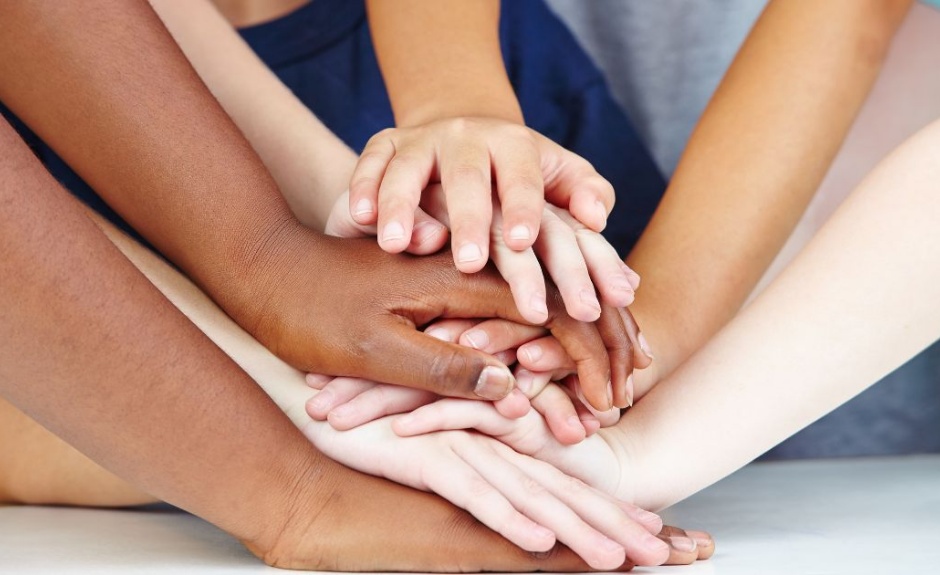What is Fair?

'What could be a suitable collective noun for a group of 8- to 9-year-old girls participating in a ten pin bowling birthday party?...’ (Suggestions on the back of a postcard, folks.) This was an idle, light-hearted musing I found myself having during half term, as my youngest managed to haul herself out of a period of tonsillitis for long enough to enjoy her own party. The flashing lights. The loud music. The arcade machines. The things we parents endure for our little ones!
I have to be fair to them – they were pretty good throughout. ‘Oh, that’s not fair!’, however, was overheard on more than one occasion. This is a complaint frequently made by children, of course. And I thought I would take the starting point of fairness with the boys this week, as a lead-in to encouraging proper gratitude for the privilege they enjoy in life compared to so many others, and the responsibility that comes with this. ‘What is “fair”?’, we began…
Divide a pizza ‘fairly’ and one would simply cut it into equal-sized pieces. Everyone gets the same. But, I asked the boys, is this feasible in other areas of life? Is it even desirable? Some people work harder than others. Some people have very good ideas that help a lot of other people. Perhaps it’s ok if they get more?
We turned to the American philosopher John Rawls’ well known ‘veil of ignorance test’ – a useful tool for helping gain perspective on what ‘fairness’ means… This involves imagining decision makers as having no knowledge of who they are – rich or poor; healthy or ill; in possession of particular talents or abilities – or to which social groups they belong as defined by race, gender etc. Following this, a just social order, Rawls argued, is one that selfish people would choose if they were constrained to choose impartially, in the absence of biasing information.
Would the boys choose to grow up in certain global locations such as those enduring war and conflict currently, regardless of biasing information? Of course not. Requiring them to think about this question - of whether it is fair that children in these areas are growing up in the most dangerous and challenging of circumstances, whilst they enjoy the relative security of British society and the opportunity to be somewhere like Pilgrims’ – is a simple way of putting their situation into relief and promoting gratitude and appreciation for what they are privileged to enjoy. And it is critical they appreciate that with this privilege should come a vital sense of responsibility to bring a positive difference to the world around them; to always be aware of what is ‘fair’. Not because everything can be, but because in having such an awareness they should be prompted to see life through a filter of kindness and altruism. It is my sincere wish that we help the boys become ‘outward facing’ at all times; thinking of others around and beyond their immediate world.
[With acknowledgement to the chapter ‘What’s fair?’ from Big Ideas for Curious Minds, by The School of Life]
Tim Butcher
Headmaster









